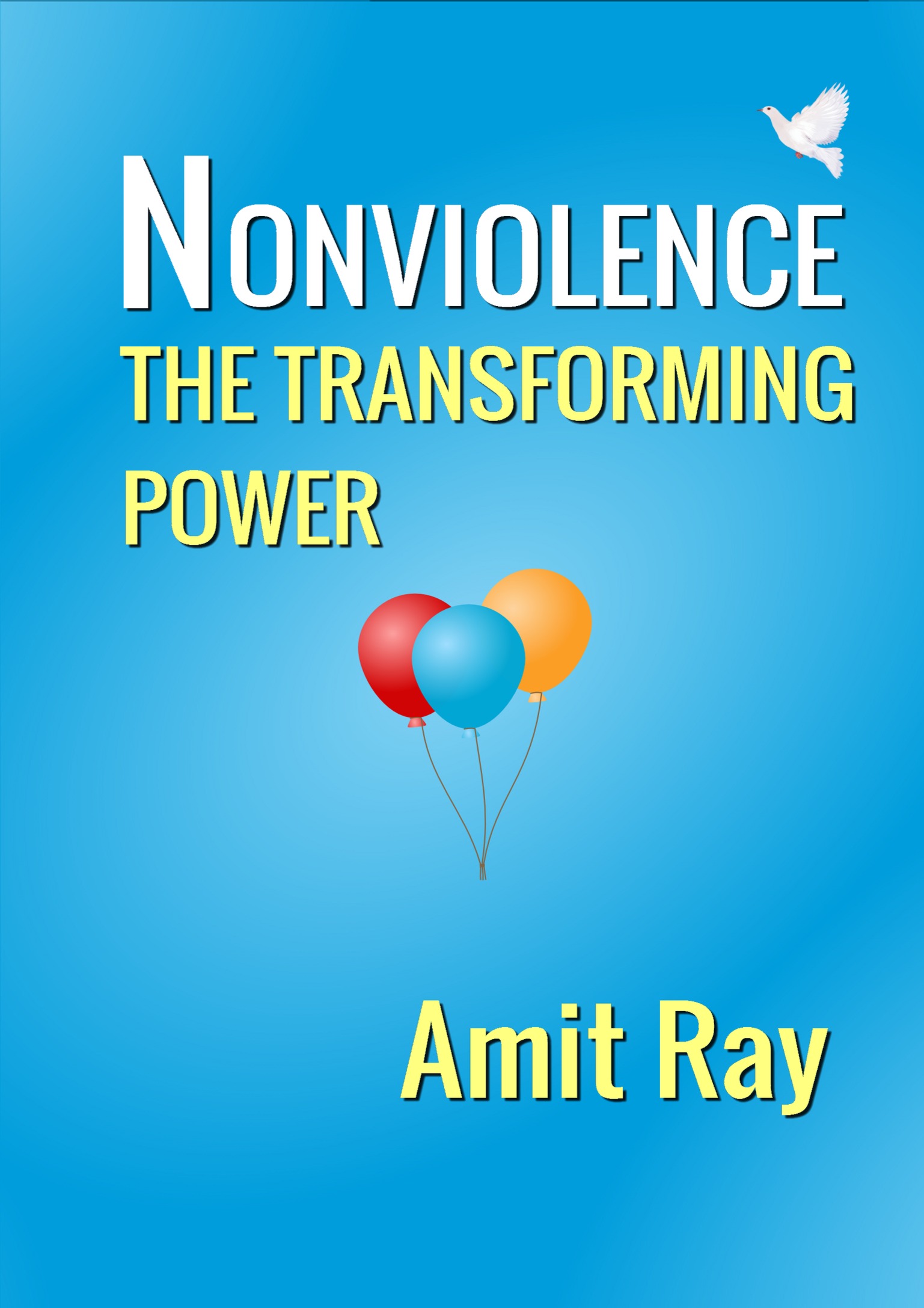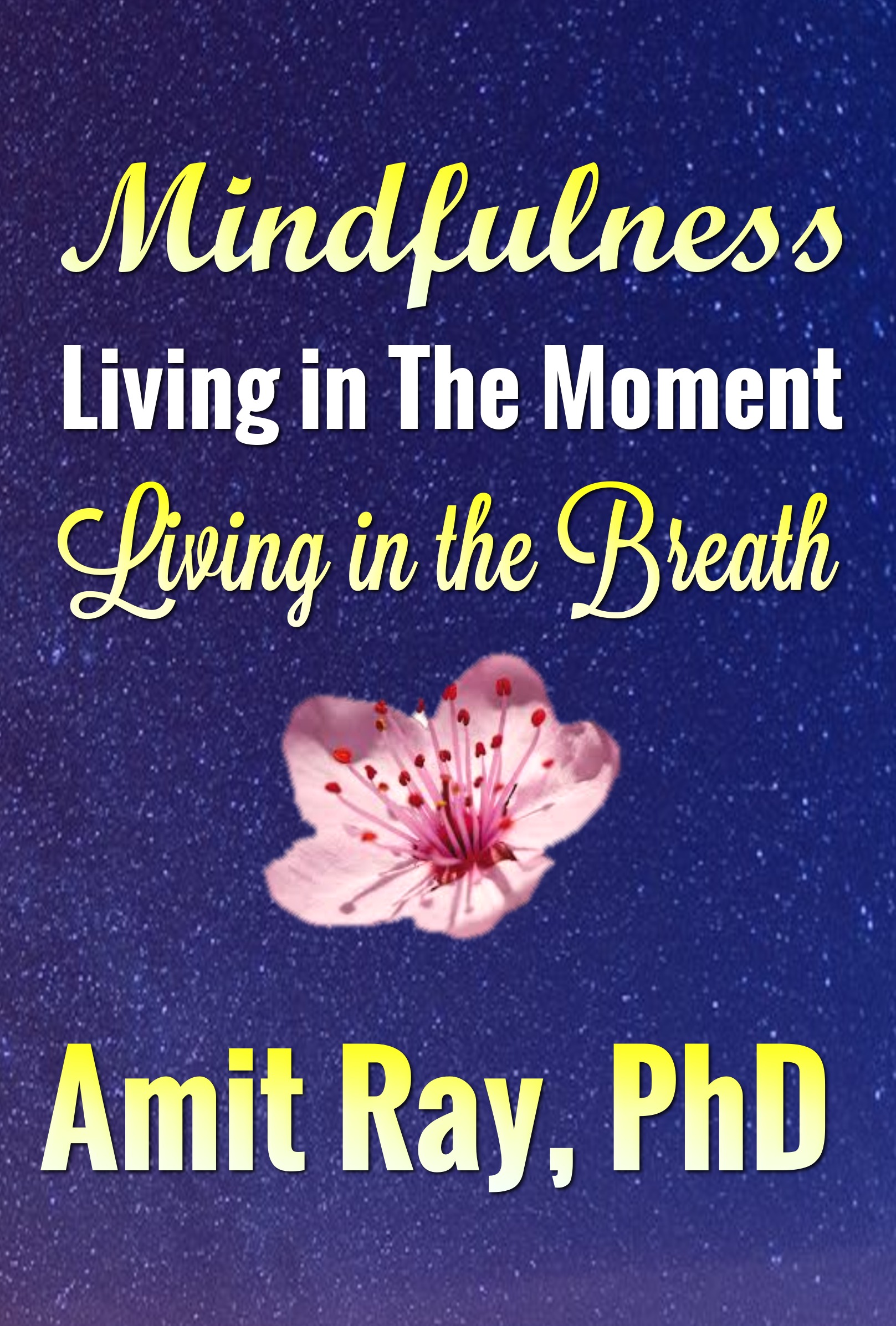
Nonviolence: The Transforming Power
Book Description
Imagine a world where love conquers hate. In "Nonviolence: The Transforming Power," Amit Ray unveils the extraordinary potential of nonviolence to spark profound change. This gripping exploration illuminates the path to inner peace and global harmony, challenging the cycle of aggression that grips society. With riveting insights and practical wisdom, Ray reveals how acts of kindness can dismantle oppression and foster empathy. Each page buzzes with the electric energy of transformation, urging readers to embrace compassion as a potent tool for progress. Can one gentle act tip the scales and reshape humanity's destiny?
Quick Book Summary
"Nonviolence: The Transforming Power" by Amit Ray explores the profound spiritual and practical dimensions of nonviolence as a force for personal and societal transformation. Drawing on Eastern philosophies, scientific insights, and real-world examples, Ray illustrates how compassion and nonviolent action dismantle cycles of conflict and foster understanding. He reframes nonviolence as an active, courageous choice, not merely the absence of aggression. With compelling guidance, the book delves into the transformative energy of kindness, offering practical tools for meditation, mindfulness, and daily acts of compassion. Ray's vision extends beyond personal growth to global change, inspiring readers to believe in the ripple effects of their gentle actions. Ultimately, the book is a call to embrace nonviolence as both a spiritual discipline and a pathway to a more harmonious world.
Summary of Key Ideas
Table of Contents
Nonviolence as Transformative Power
At the heart of Amit Ray's philosophy is the assertion that nonviolence is not a passive stance but a dynamic, transformative power. He contends that authentic change begins within, as individuals commit to transcending the reactive patterns of anger and hostility. Drawing on teachings from global spiritual traditions, Ray demonstrates that nonviolence is rooted in a conscious commitment to understanding and compassion—qualities that have the potential to influence interpersonal relationships and, ultimately, societal structures. Through relatable stories and reflective exercises, the book guides readers toward discovering the active strength within gentle actions.
Cultivating Inner Peace and Mindfulness
Ray emphasizes the foundational role of inner peace as a prerequisite for external harmony. He details meditation practices and mindfulness techniques designed to cultivate self-awareness and self-control. By nurturing a tranquil mind, individuals become less susceptible to the triggers of violence, better equipped to make thoughtful, compassionate choices. Practical methods—such as breath awareness and loving-kindness meditation—are presented as valuable tools for interrupting habitual responses to stress, helping readers to stay grounded in nonviolent wisdom even during challenging situations.
Practicing Compassion in Everyday Life
The power of compassion is explored not only as a feeling but as a deliberate choice that must be enacted in daily life. Ray illustrates how small gestures—listening deeply, offering sincere words, or providing tangible help—can dissolve barriers and bridge divides among people. These acts, though simple, possess a cumulative effect, fostering environments where empathy and mutual respect flourish. The recurring message is that every individual has the capacity to ignite meaningful change, and that consistent kindness erodes the foundation of oppression over time.
Breaking the Cycle of Anger and Aggression
Recognizing and breaking the cycle of aggression is a recurring theme. Ray analyzes the roots of violence, highlighting how unresolved anger and inherited biases perpetuate suffering. He urges self-inquiry and conscious interruption of these cycles, suggesting that nonviolent responses, even to provocation, require courage and resilience. Case studies and historical references inspire readers to see themselves as agents of peace; by choosing understanding over retaliation, they can transform both their immediate context and contribute to a broader culture of nonviolence.
Empathy as a Pathway to Societal Change
Empathy is positioned as both a skill and a social tool. The book explores how cultivating empathetic awareness enables individuals to connect more deeply with others' struggles and aspirations. Through active listening and open-hearted dialogue, society moves closer to reconciling differences. Ray articulates a vision in which widespread adoption of nonviolent principles results in systemic change—reducing conflict, addressing injustice, and building a world where love triumphs over hate. The work concludes by empowering readers to believe that each gentle act, however small, possesses the power to reshape humanity’s destiny.
Download This Summary
Get a free PDF of this summary instantly — no email required.





